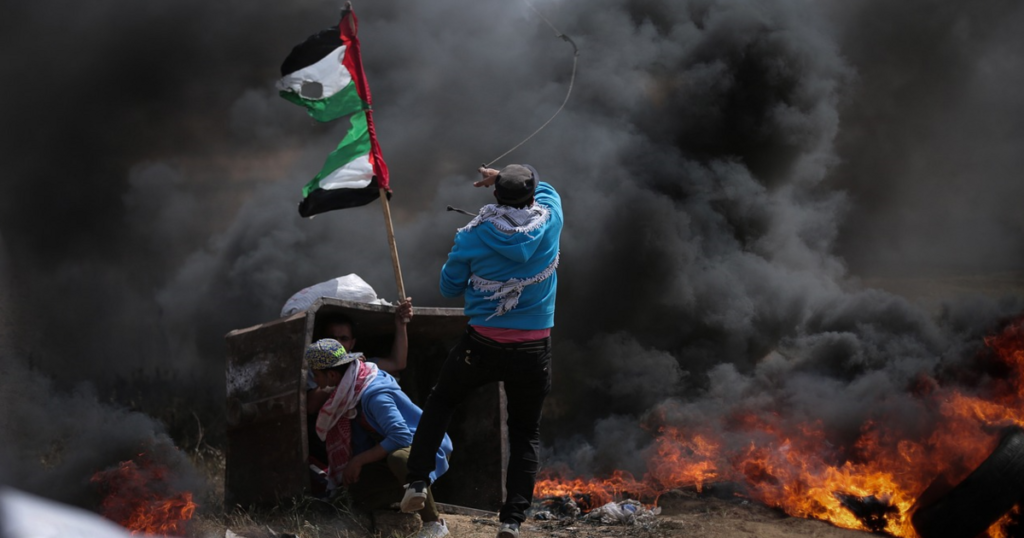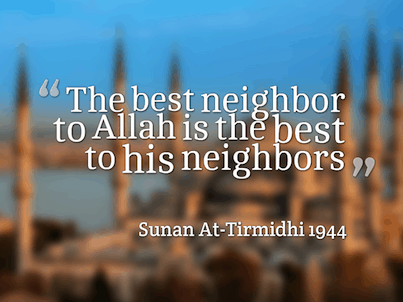When Arab Luxury Hurts More Than Israeli Missiles: A Tale of Luxury Over Humanitys
Share

A Tale of Wealth in the Face of War
Recent reports of Saudi Sheikh Al Nadak purchasing a $50 million private island to allow his wife the freedom to wear a bikini in private have sparked widespread debate. This story, though personal, has highlighted broader issues about the downfall of Islamic values in the Middle East, particularly the growing Arab luxury that contrasts sharply with Islamic teachings of responsibility and compassion. The moral implications of such lavish expenditures are even more pronounced in the context of ongoing humanitarian crises in neighboring regions like Syria, Yemen, Palestine, and Lebanon.
The widespread debate has been sparked by recent reports of Saudi Sheikh Al Nadak acquiring a private island worth $50 million, with the intention of providing his wife the freedom to wear a bikini in privacy. While this personal story has received attention, it has also brought attention to larger concerns regarding the decline of Islamic values in the Middle East. The increasing Arab luxury, which contradicts the teachings of Islam emphasizing responsibility and compassion, is especially striking. When considering the ongoing humanitarian crises in neighboring regions such as Syria, Yemen, Palestine, and Lebanon, the moral implications of such extravagant expenses become even more evident.

Privacy and the Ultra-Wealthy
For the ultra-wealthy, privacy often comes at a premium, and private islands have become the ultimate retreat for those seeking to escape public scrutiny. The Sheikh’s decision to purchase an island for his wife’s freedom to wear a bikini may seem like a personal choice, but it raises significant questions about the priorities of the rich in the Middle East, particularly in contrast to the suffering of their neighbors.
Cultural Context: Saudi Arabia’s Conservative Values
Saudi Arabia has long adhered to strict Islamic principles that dictate personal conduct and dress codes. Public displays of behavior that contradict modesty are frowned upon. The Sheikh’s actions in this case may reflect a departure from these values, but they also shine a light on the deepening materialism of the region’s elite. While they can afford to create private spaces where societal norms no longer apply, their neighbors are not so fortunate.

Wealth, Materialism, and Responsibility
While there is no issue with the Sheikh’s purchase in isolation, the contrast it presents with ongoing war conflicts in Syria, Yemen, and the genocide in Palestine is striking. People in these countries struggle daily, with no food to eat or clean water to drink, while some wealthy individuals in Saudi Arabia, Dubai, and Qatar spend millions on luxury purchases. This disparity raises moral questions about the priorities of the rich, who seem increasingly detached from the humanitarian crises unfolding on their doorstep.
It is painful to witness the wealth and extravagance of the elite in the Middle East when countless organizations and charities are working tirelessly to provide basic necessities like clean water to Palestinians and Lebanese people. The devastation is clear, yet there is a noticeable silence from some of the wealthiest nations in the region. Despite the humanitarian needs, countries like Saudi Arabia, Dubai, and the United Arab Emirates are seldom seen taking active roles in alleviating the suffering of their Muslim neighbors, especially when facing genocidal actions by Israel.

Islamic Teachings and the Responsibility to Neighbors
In Islam, the responsibility of an individual extends beyond personal wealth and materialism. It includes the duty to care for one’s neighbors and ensure their well-being. The Quran emphasizes the moral obligation to look after the less fortunate and to be compassionate toward those in need. As ALLAH mentions, He tests humanity by giving and by taking from them, implying that wealth is not merely a blessing but a test of how it is used.
This principle, however, seems increasingly absent among the wealthy elite in the Middle East. The stark contrast between their opulent lifestyles and the suffering of those around them points to a decline in compassion and moral responsibility. Many feel that the humanity in the hearts of these elites is dwindling, replaced by materialism and luxury, despite their faith clearly teaching otherwise.

Moral and Cultural Reactions
The actions of the Saudi Sheikh, along with other wealthy elites, can be perceived as mocking or belittling the struggles of millions in nearby war-torn countries. This display of wealth, in the face of unimaginable suffering, is not only disheartening but can also be seen as morally problematic, especially for those who follow the teachings of Islam. The Quran holds everyone accountable for their actions, and those with wealth have a greater responsibility to use it for good, to help their fellow human beings. Judgment Day, as emphasized in Islamic doctrine, is a day when everyone will be held accountable for how they lived their lives, including how they managed the blessings they were given.
Conclusion: A Downfall of Islamic Values in the Middle East?
The purchase of a private island for personal freedom by a Saudi Sheikh brings to light broader questions of responsibility and moral decay. As conflicts rage on in Syria, Yemen, Palestine, and Lebanon, the focus of many in the Middle East seems to have shifted from compassion and charity to materialism and excess. For those who believe in the core tenets of Islam, this could be seen as a sign of the moral downfall of the region’s elite.

ALLAH tests humanity by giving them wealth, and it is the duty of those with means to help the less fortunate. In a world where neighbors are suffering, the wealthy must remember their responsibility, both in this life and the next. The stark contrast between the luxury of some and the suffering of others speaks to the larger challenges facing the Middle East today.
- Braised Halibut with Carrots and Coriander: A Weeknight Delight
- Understanding Supraspinatus Tendinopathy with Partial Thickness Tear: Symptoms, Treatment, and Recovery
- Stevia: Why You Should Always Read Labels on Keto-Friendly Products Carefully
- Erythritol: A Comprehensive Guide to the Pros and Cons of This Popular Sweetener
- Tasty- Yummy Tex-Mex Chicken and Rice






